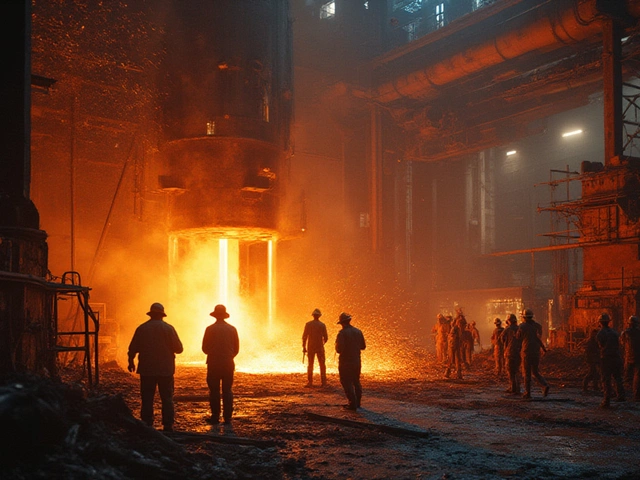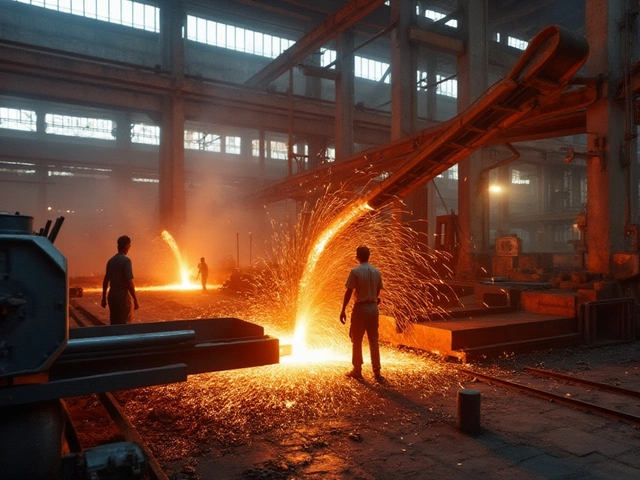Nigerian Auto Industry Overview
When exploring Nigerian auto industry, the network of car makers, assemblers, and policy makers operating in Nigeria. Also known as Nigeria's automotive sector, it fuels jobs, imports, and local innovation. The sector isn’t just a collection of factories; it’s a hub where global brands meet home‑grown ambition. Companies set up assembly lines, local parts suppliers try to replace imports, and the government rolls out incentives to keep the wheels turning. Think of it as a living system where each part—whether a chassis built in Port Harcourt or a financing scheme from Lagos—affects the whole. That’s why understanding the big picture helps you see why a new policy or a plant shutdown matters to everyday consumers.
Key Elements Shaping the Landscape
One core player is automobile manufacturing, the process of producing complete vehicles or major components within a country. It directly links to vehicle assembly, the stage where imported kits are put together to create a finished car. Both rely heavily on local parts supply, the network of domestic firms that provide engines, interiors, and electronics. When local suppliers grow, the industry lowers its dependence on costly imports, which in turn improves the economic impact, the effect on jobs, tax revenue, and trade balance. Meanwhile, government policy, rules and incentives that shape how and where cars are built acts as the catalyst or brake for each of these elements. In short, the sector encompasses manufacturing, relies on assembly, needs a robust parts base, creates economic benefits, and is guided by policy.
All these pieces connect to form a dynamic ecosystem that’s still finding its sweet spot. Below you’ll find articles that dig into specific manufacturers, explore supply‑chain tricks, break down policy changes, and even compare Nigeria’s auto scene with markets like India and Brazil. Whether you’re a business owner looking for partnership leads, a policy geek tracking incentives, or just curious about why you see more locally assembled cars on the road, the collection provides practical insights that go beyond headlines. So keep reading to see how each thread weaves into the broader story of the Nigerian auto industry and what that means for the road ahead.

Nigeria's automotive industry might surprise many, boasting local manufacturing initiatives. This article delves into which car brands are assembled in Nigeria, unveiling some unexpected partnerships and regional factories. It explores how the government's policies encourage local automotive production and the implications for the economy. Furthermore, it discusses the challenges these manufacturers face in Nigeria's unique market. (Read More)







